Hot virtual property: Australians stake their claim in the metaverse
The hottest property market may no longer be in Sydney or Melbourne. Arguably it’s the metaverse – a world of virtual real estate that’s giving bricks-and-mortar realtors a run for their money.
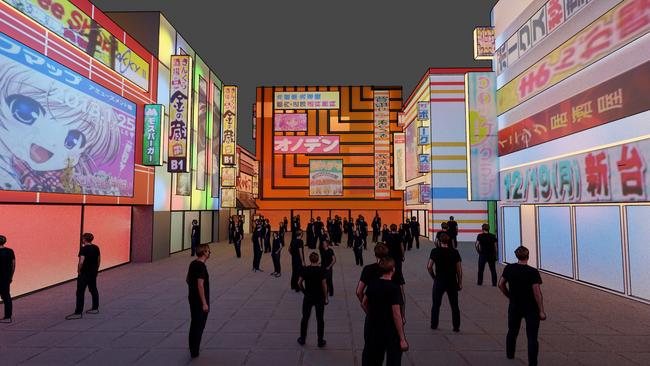
The nation’s hottest property market may no longer be in Sydney or Melbourne.
Arguably it’s the metaverse – a world of virtual real estate – that’s giving bricks-and-mortar realtors a run for their money.
No longer seen as some abstract novelty, platforms from Decentraland to the Sandbox are attracting major companies lured by the opportunity to brand and market their products unconstrained by the physical world.
From JP Morgan to ASX-listed Creso Pharma, the virtual gold rush is on.
Last year digital real estate sales topped $US500m ($695m).
Virtual land has become so in demand over the past two years that 70 per cent of buyable land in Animoca Brands’ The Sandbox has been sold.
Animoca Brands executive chairman Yat Siu says there are about 20,000 owners in his company’s metaverse – including 250 Australians who have acquired over 1000 plots of land.
In Australia, the twin sisters behind the nation’s most popular emoji app are set to launch the first homegrown metaverse – apartments, as they are called, will go on sale this year.
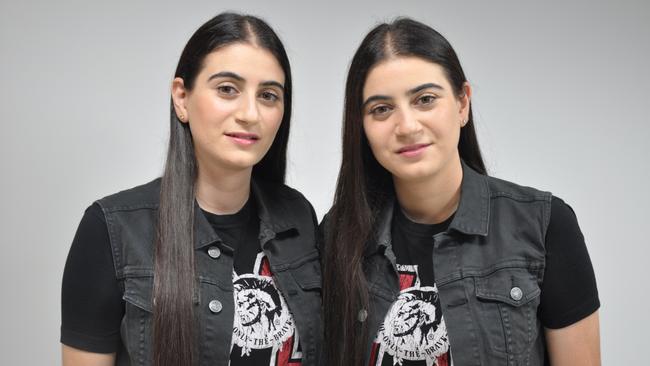
Colina and Hripsime Demirdjian of Double Trouble Creatives say they will launch the platform known as Diverse mid-year and use software from their Moji Edit app allowing users to create lifelike avatars in their new metaverse.
Banking on cannabis
In the highest-profile move by an Australian company into the metaverse, controversial cannabis outfit Creso last month splashed out some $30,000 for a plot of land strategically located next to one owned by American rapper Snoop Dogg in the Sandbox metaverse.
It plans to build a vertical version in its Mernova facility in Canada under the banner of “Cresoverse”.
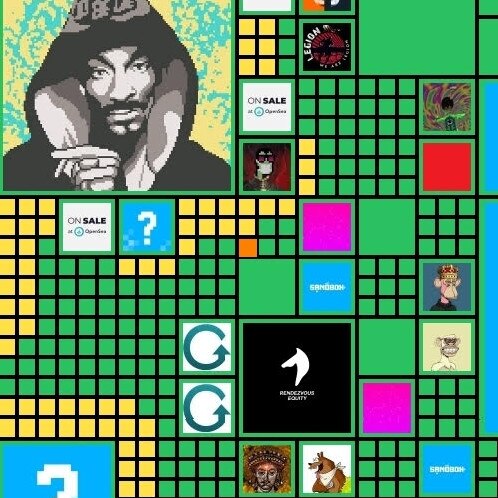
The price of the plot is considerably steeper than what Sandbox was first selling “land” for – when it launched in December 2019, a holding was priced at around $US25.
The $30,000 paid by Creso was also more than six times what others outlaid to buy one of the 189 plots of land and three estates Snoop Dogg is developing on his land – called the “Snoopverse” – which sold in December last year. Land sales began at 1011 sand, the name of the in-platform currency, which is currently valued at $4.48 per piece.
Today a plot of Sandbox land begins at $US10,000.
The most expensive sale to date in the Sandbox world has come in at $US4.3m. That property was sold to virtual real estate developer Everyrealm by game developer Atari.
Janine Yorio, Everyrealm’s chief executive, said her company had purchased 3000 virtual parcels in multiple metaverses. It had yet to work with any Australian companies. “We would love to work with some,” Yorio added. “If the pace of volume set in January continues, this year could see $US1.15bn in metaverse sales.”
Australian interest
Creso’s purchase was brokered by Metavise, a metaverse property broker.
It’s founder, Steve Glaveski, said the cost would be a “drop in the ocean” compared to the exposure the company would receive as Snoop Dogg’s neighbour.
“With Creso it was a matter of identifying space with lots of foot traffic,” he said.
There are dozens of other Australian companies eyeing digital land.
“Half of our time is now taken up navigating the Web3 space which includes consulting, hands-on development work, design work with NTFS and metaverse development,” he said.
Whether digital land holds any actual value, however, is highly contested.
Marcus Carter, a digital cultures researcher at the University of Sydney, says the core problem was that real estate only had value because of “non-zero transportation costs”.
“Land near population centres is worth more than land nine hours from a McDonald’s,” Dr Carter said. “Digital land can’t accumulate value because of its location in a virtual space, unless there are transportation costs (time or money) within it.
“Such a move would be so hostile to users, nobody would use it.”


Eric Lim, at the UNSW Business School, begs to differ.
“History shows people are waiting to buy digital assets if they can be sure this asset has become scarce, and by owning them you gain some level of uniqueness,” he said.
Stefan von Imhof, who runs the world’s largest alternative investment community Alts.co, says Snoop Dogg – the marijuana smoking rapper best known for a string of hits in the 1990s – is the perfect bridge between virtual and real worlds.
“When you talk about celebrities attracting eyeballs to the virtual land, that adds a lot of value. Snoop Dogg is the perfect example as he’s a boomer but he’s forward thinking,” Mr von Imhof said.
“Snoop is a big deal because he’s an entertainer, he’s one celebrity who can single-handedly draw attention to the space from those with money.”
The ‘big four’
The Sandbox is among what insiders are calling the “big four” of the metaverse – alongside Decentraland, Cryptovoxels and Somnium.
Last week, JP Morgan became the first Wall Street bank to enter the metaverse, opening a virtual lounge called Onyx in Decentraland.
The lounge, the company said, would be used to introduce clients to the metaverse and explain how they may benefit from employing a virtual world strategy.
Earlier this month, McDonald’s applied for a US trademark to operate a virtual restaurant in the metaverse which delivered to a customer’s real home address.
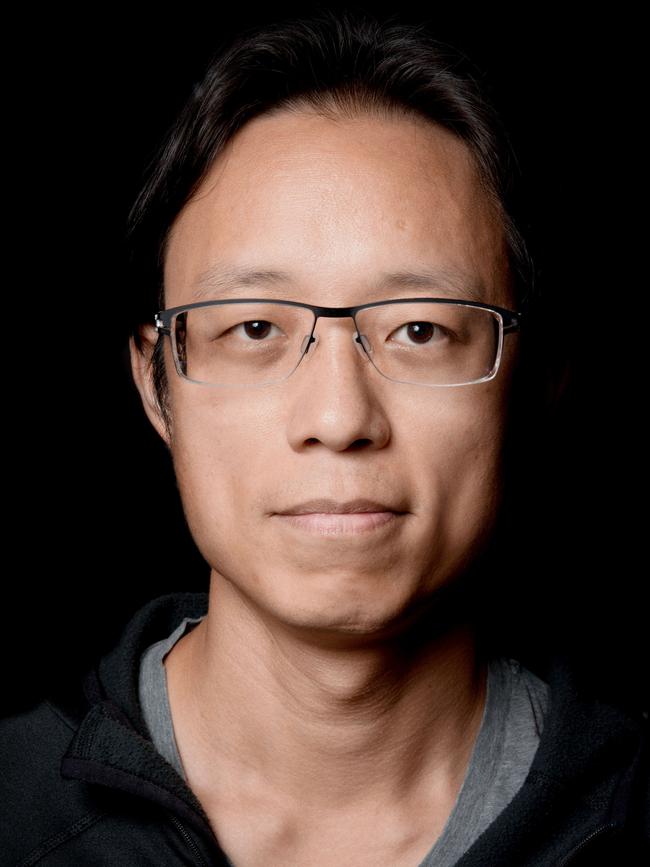
While many argue over the value of virtual land, Mr Siu said purchasing land is just part of the bigger movement into a virtual world.
“This whole movement towards the metaverse, which is generally led by the youth, has a lot to do with where we are today, which is that we’re actually already digitally dependent people,” he said.
“What’s the first thing you do in the morning, you probably check your phone, right? You may physically be in your bedroom or at the breakfast table but where is your attention?”
The booming price of digital real estate is a sign that investors are confident the metaverse will bring a return on investment.
“The macro prediction is that the metaverse as a whole, which the Sandbox is sort of included in, is a space that’s going to grow into a trillion dollar economy,” he said.
Being able to own a digital asset is still a relatively new phenomenon.
“In the digital world, up until blockchain came around, it was not possible to actually own your digital assets … because the data will be stored in a database. Companies that control those databases will change the rules of the ownership of that data anytime,” Mr Siu said.
“With Blockchain, the data store goes from what is a private good into a public good, the decentralisation of the data means that now we can have a framework in which you can own the data permanently, and verifiably so,” he said.
Local talent
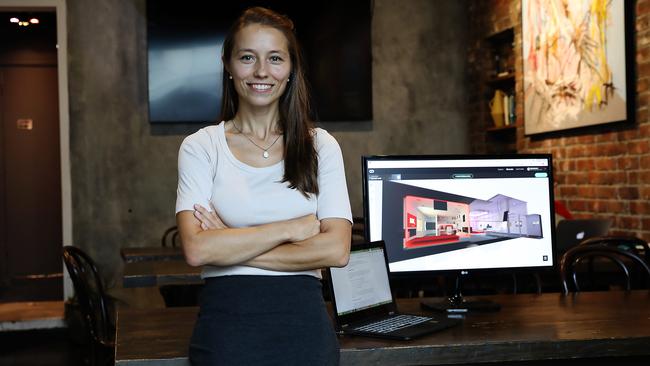
Patricia Haueiss, 33, is a metaverse consultant who has also found herself the owner of a plot of virtual land valued at a cost of some $10,000. She said the land came when she purchased a non-fungible token produced by CloneX, now owned by Nike.
“It’s like becoming part of an exclusive club, so to speak,” she said.
In Australia, Double Trouble Creatives are but one of several companies competing for the penultimate metaverse – the equivalent of the race to build the ultimate search engine just as Google. For the Demirdjian twins, Diverse, which will trade in ethereum ($US2763 per coin) is about creating a new social world.
For Colina Demirdjian, this metaverse – unlike others – would provide a more realistic experience by allowing users to modify every last detail of the apartments and their avatars.
“We’re building out the avatars so that they’re almost cinematographer-like – that’s the level of quality that we’re talking about,” she said. “It’s not just art but technology and AI.
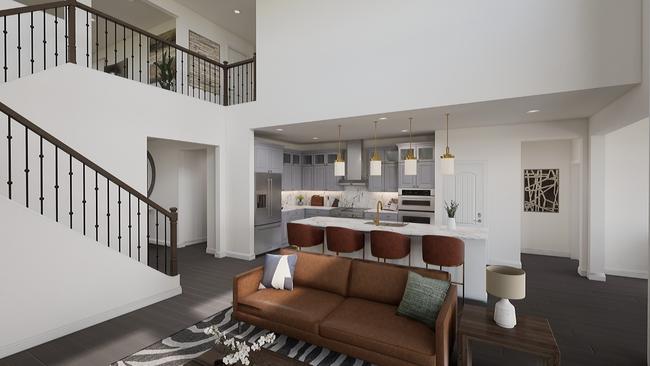
“We come from an AI background so we understand machine learning, photo segmentation and data science.
“The land is going to be built as more and more users join. We’ll be building out clubs, recreational spaces, arenas, a home, a place where they can find belonging.”





To join the conversation, please log in. Don't have an account? Register
Join the conversation, you are commenting as Logout